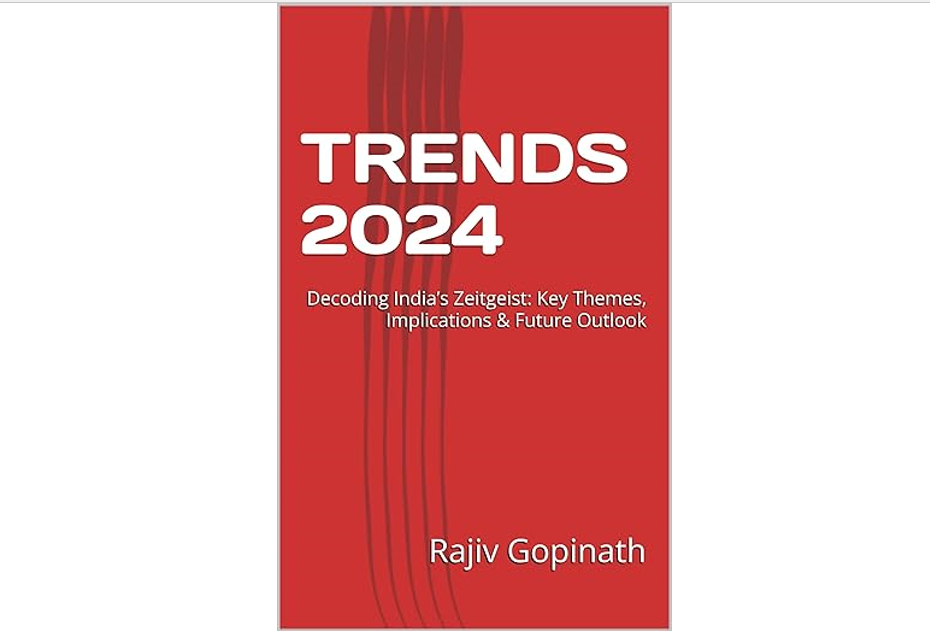When Rentership Goes Wrong: Legal and Consumer Protection Challenges
Last summer, Navya found herself stranded at an airport after a long international flight, frantically trying to unlock a car-sharing service she had subscribed to months earlier. Despite having paid monthly fees, her access had been suddenly terminated without notice due to a "terms of service violation" she couldn't identify. After hours of frustrating customer service calls, she discovered that using the service while traveling internationally—something not explicitly prohibited in any documentation she had received—had triggered an automated security flag. As Navya arranged an expensive last-minute rental car, she realized how vulnerable we've become in this new economy where we subscribe to rather than own essential services. This incident sparked her investigation into the murky legal territory of the rentership economy and the emerging challenges facing both consumers and regulators.
Introduction: The Dark Side of Access Over Ownership
The shift from ownership to rentership—characterized by subscription services, access-based consumption, and the sharing economy—has fundamentally transformed consumer relationships with products and services. While this transformation offers undeniable benefits including flexibility, reduced upfront costs, and decreased maintenance responsibilities, it has also created significant legal gray areas and consumer protection challenges.
According to The Rentership Society Index developed by Boston Consulting Group, subscription and rental services now account for over 25% of consumer spending in developed economies, up from just 13% a decade ago. This dramatic shift has outpaced regulatory frameworks designed for traditional ownership models. As legal scholar Tim Wu of Columbia Law School notes, "The acceleration of rentership business models has created a regulatory vacuum where consumer protections haven't kept pace with business innovation."
This article examines the emerging legal and consumer protection challenges in the rentership economy, exploring how technological change, shifting consumer expectations, and regulatory gaps create perfect conditions for consumer harm when rental relationships go wrong.
1. The Illusion of Perpetual Access: Terms of Service and Digital Rights
The fundamental challenge of rentership models lies in what legal scholars call "illusory ownership"—consumers often believe they possess greater rights than they actually do. This misconception is particularly acute in digital goods and services.
When Microsoft shut down its e-book platform in 2019, customers permanently lost access to purchased books, receiving only refunds as compensation. Similarly, when fitness company Flywheel ceased operations after a patent dispute with Peloton, subscribers were left with expensive, non-functional exercise equipment. As consumer rights attorney Lauren Willis explains, "In the digital rentership economy, what feels like a purchase is often legally structured as a limited license that can be revoked or modified unilaterally."
This problem extends beyond obvious subscription services. John Deere's controversial stance that farmers who purchase their tractors merely license the software that makes them function represents what Professor Aaron Perzanowski calls "the rentership incursion into traditional ownership domains." A 2022 Georgetown Law study found that 83% of consumers fundamentally misunderstand their rights when engaging with subscription and access-based services.
2. Algorithmic Decision-Making and Procedural Justice
The rentership economy increasingly relies on automated systems to enforce terms of service and manage customer relationships. This algorithmic governance creates unique challenges for consumer protection.
Airbnb, Uber, and many subscription services utilize algorithmic systems that can terminate access without traditional due process. A Princeton University study found that 73% of platform dismissals occurred with minimal human oversight, often leaving users without clear explanations or meaningful appeal processes. As MIT technology ethicist Joi Ito observes, "The combination of automated enforcement and asymmetric terms creates a fundamental procedural justice problem in the rentership economy."
The European Union's Digital Services Act and California's Automated Decision Systems Accountability Act represent early regulatory responses to these challenges, requiring transparency in algorithmic decision-making and establishing appeal mechanisms for automated terminations.
3. Data Privacy and Surveillance Capitalism in Rental Relationships
Rental relationships generate substantially more data than traditional ownership. Smart products, continuous usage monitoring, and integrated payment systems create what privacy scholar Shoshana Zuboff terms "surveillance capitalism assets" that often exceed the direct revenue from the services themselves.
Connected car platforms collect approximately 25GB of data per hour, with rental and subscription services typically claiming broader rights to this data than traditional purchases. Similarly, smart home device rentals and subscriptions often include terms allowing extensive data collection beyond what's necessary for service provision.
The 2023 case against Peloton for collecting and utilizing exercise data beyond disclosed purposes highlights how rentership models create ongoing privacy vulnerabilities that outlast the relationship itself. Legal scholar Julie Cohen notes that "rental relationships transform one-time purchases into continuous surveillance opportunities, fundamentally altering the privacy calculus."
4. Competition and Market Concentration Concerns
The rentership economy's economics naturally tend toward market concentration and reduced competition. High fixed costs, data network effects, and consumer switching barriers create what economist Thomas Philippon calls "rentership monopolies" that harm both consumer welfare and innovation.
Adobe's shift to a subscription-only Creative Cloud offering exemplifies these concerns. After eliminating perpetual license options, Adobe implemented substantial price increases—over 40% in some markets according to consumer advocacy group Which?—without significant feature improvements. Similarly, Microsoft's transition to subscription-based Office 365 has enabled more aggressive pricing strategies in markets where alternatives are limited.
Antitrust authorities have begun addressing these concerns, with the UK's Competition and Markets Authority investigating subscription services for discriminatory pricing and unfair cancellation practices, finding evidence of "systematic exploitation of consumer behavioral biases" in 67% of services examined.
5. Emerging Regulatory Responses and Industry Self-Regulation
In response to these challenges, regulatory frameworks are evolving to address rentership-specific concerns:
- The EU's Digital Content Directive now requires service continuity guarantees and data portability for digital subscription services
- California's Auto-Renewal Law sets strict standards for subscription transparency and cancellation
- Japan's Sharing Economy Association has developed industry-wide dispute resolution standards for platform businesses
Leading companies are also developing self-regulatory approaches, recognizing that consumer trust is essential for long-term growth. Spotify's simplified cancellation process, Apple's subscription transparency initiatives, and Airbnb's establishment of a formal appeals process for account terminations represent industry attempts to address rentership vulnerability through voluntary measures.
Conclusion: Balancing Innovation and Consumer Protection
The rentership economy offers tremendous benefits but requires updated legal frameworks to ensure consumer protection keeps pace with business model innovation. As legal scholar Cathy Hwang observes, "The challenge isn't stopping innovation but ensuring that access-based models don't become vehicles for exploiting information asymmetries and power imbalances."
For the rentership economy to achieve its full potential, stakeholders must develop frameworks that preserve flexibility and innovation while establishing meaningful guardrails for consumer protection, data privacy, competitive markets, and procedural fairness.
Call to Action
For policymakers, industry leaders, and consumer advocates seeking to address rentership challenges:
- Develop transparency standards that clarify the actual rights conveyed in rental relationships
- Establish minimum procedural protections for account termination and algorithmic decision-making
- Create industry-specific data governance frameworks that limit surveillance potential
- Implement competition policies that prevent rentership models from becoming vehicles for market concentration
- Support consumer education initiatives that help individuals understand their rights in the rentership economy
The future of consumption increasingly lies in access rather than ownership. Ensuring this future benefits consumers requires proactive engagement with the unique challenges of an economy where we rent rather than own the products and services we depend on.
Featured Blogs

TRENDS 2024: Decoding India’s Zeitgeist: Key Themes, Implications & Future Outlook

How to better quantify attention in TV and Print in India

AI in media agencies: Transforming data into actionable insights for strategic growth

How the Attention Recession Is Changing Marketing

The New Luxury Why Consumers Now Value Scarcity Over Status

The Psychology Behind Buy Now Pay later

The Rise of Dark Social and Its Impact on Marketing Measurement

The Role of Dark Patterns in Digital Marketing and Ethical Concerns








